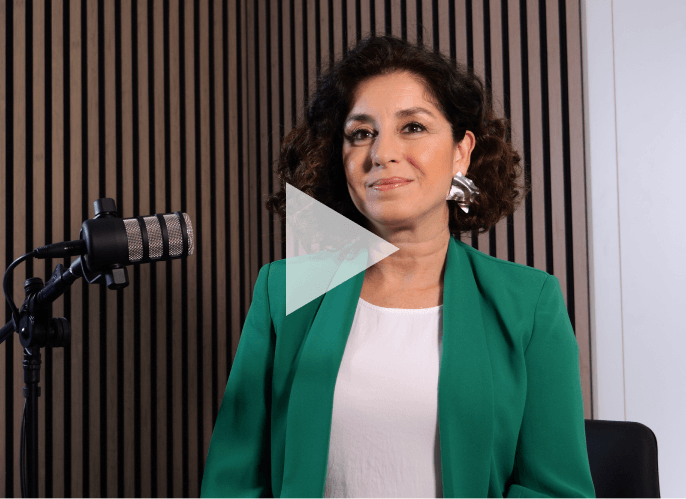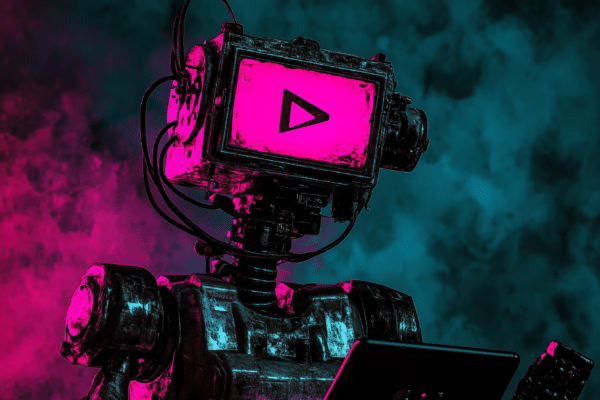Generative artificial intelligence is finding its way into education, not only for students but also for teachers. A study by the Scottish Qualifications Authority (SQA) shows the impact of GenAI on the country's education system.
More than half a thousand educators, including teachers, professors, senior administrators and principals, took part in the study.
First, the SQA defines generative artificial intelligence as any AI used to create text, prose, formulas, code, images, videos or audio, including ChatGPT and Google Gemini.
"AI results can be very similar to human results, which can increase the risk of plagiarism," warns the SQA.
Key findings from the study include that half of respondents have used GenAI to support their teaching. The most common use is the creation of materials and activities (77%). This is followed by lesson planning (52%), general administration (47%), creating assessments (39%) and delivering lessons (35%).
Almost half of respondents expressed concern that the misuse of AI tools could compromise the integrity of assessments.
In addition, nearly 8 in 10 educators were in favor of teaching students how to use generative AI tools responsibly and ethically.
Educators also supported the SQA's stance on the use of generative AI in exams. Two-thirds of respondents agreed that students should not present GenAI results as their work and should not refer to AI-generated results as a source for assessment tasks.
When asked about the most pressing issues that need to be addressed for GenAI to be widely adopted in Scottish education, the top three options were the ability to recognize AI-generated content (68%), personal lack of understanding or knowledge (62%) and lack of guidance in the education system (53%).
Mastering Copilot for business efficiency
"We now have evidence that many teachers and tutors are using AI to reduce the administrative burden and focus on what they do best: supporting and inspiring our young people in the classroom," says Martyn Ware, Director of Policy, Analysis and Standards at SQA.
"But it's also clear that they share our vision of the critical importance of safeguards and clear guidelines to ensure the ethical and appropriate use and understanding of GenAI technologies," he adds.
The SQA position
The Scottish Qualifications Authority (SQA) does not completely prohibit the use of generative artificial intelligence by students or professionals to "help them generate ideas or solve research problems." However, it believes that "this should be done in collaboration with teachers and lecturers and should be consistent with the requirements of individual subjects, the institution's policies and the age restrictions that some GenAI technologies have introduced."
However, she warns that "GenAI results are still unreliable and cannot be considered a reliable source of information." Therefore, the use of references to generative artificial intelligence results is not recommended.








